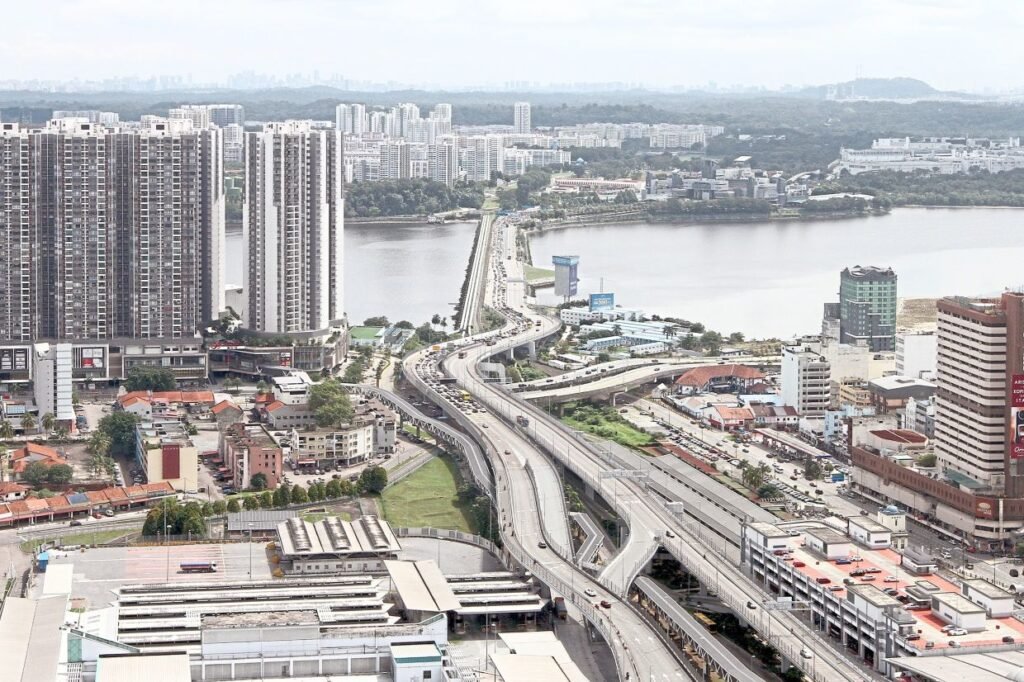JOHOR BARU: The southern state has cemented its status as Malaysia’s largest agricultural exporter, with more than 70% of products worth RM23.96bil supplied between 2023 and 2024, says exco Datuk Zahari Sarip.
The state agriculture, agro-based industry and rural development committee chairman said this was according to figures released by the Malaysian Quarantine and Inspection Services Department (Maqis).
He said the export volume represented 6.8 million tonnes of agricultural products shipped through eight checkpoints across the state, making Johor the clear leader in agricultural trade.
“The Sultan Abu Bakar Complex (KSAB) in Iskandar Puteri contributed the lion’s share of this achievement, handling RM10.3bil worth of agricultural exports, equivalent to 3.49 million tonnes of goods.
“Johor’s strategic location near major regional markets such as Singapore and Indonesia has been a major factor behind its export success, with routes also extending further to China and the Middle East,” he said.
Zahari added that the state’s performance reflected its geographical advantage and strong agricultural production base.
“Our export strength is not just due to our proximity to international markets but is also supported by world class port facilities and Johor’s standing as Malaysia’s top producer of fruits, vegetables and livestock products,” he said.
He also said the state government was committed to further strengthening the sector by introducing new initiatives aimed at enhancing productivity and expanding export opportunities for local farmers and agro-entrepreneurs.
“I can assure you that we will fully leverage Johor’s natural advantages to empower our agricultural sector and contribute more significantly to the nation’s economy,” he added.
Zahari also said that he recently joined an agricultural export operation at the KSAB checkpoint, carried out by the Federal Agricultural Marketing Authority and Maqis.
He added that through the operation, he was able to witness firsthand the inspection and documentation processes conducted at the checkpoint to ensure agricultural products meet international export standards.
“Maqis plays a crucial role in overseeing quarantine, inspection and enforcement procedures at entry and exit points, quarantine stations and certified premises nationwide.
“Their responsibilities cover the import and export of plants, animals, carcasses, fish, agricultural produce, soil and microorganisms, in addition to enforcement related to food safety regulations,” he said.

